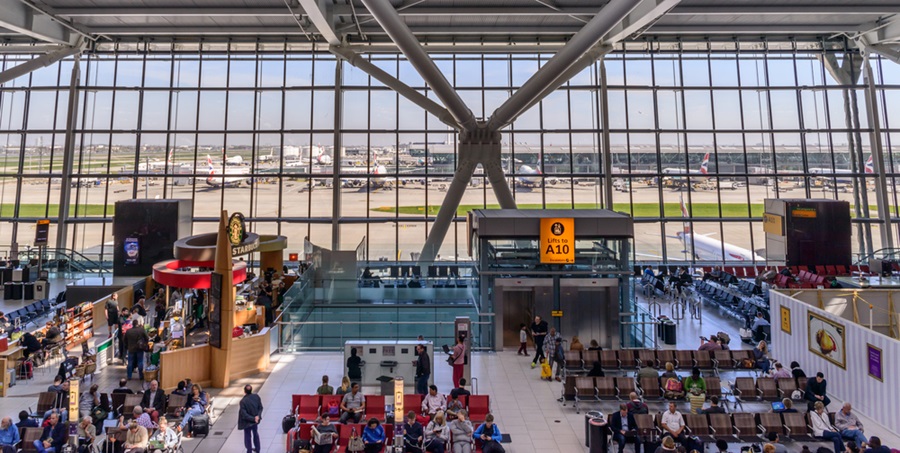
What is an AirSide Pass
If you are in the Airline industry, or if you are planning to apply then you will probably come across the term Airside Pass but what is an airside pass and how do you go about getting one?
More so than most walks of life, airports have had to incrementally increase their security over recent years and one of the responses to the heightened threat level is to split the ground into different zones, each with its own requirements for the checking of workers.
Airside as the name suggests is the part of the airport that deals with aircraft servicing but it would be a mistake to think that this just involves staff who come into direct contact with transport.
In fact, people needing airside passes can range from staff that marshall aircraft and passengers on the ground to people delivering food to planes, to duty free staff delivering to and working in the stores.
Each airport will have its own zoning so exactly which parts require staff with airside passes will differ but the theory is still the same. Whilst the areas covered by the different passes may change, the basic restricted zone pass will still be required to get anywhere near an aircraft.
So now that we know where you need one, what exactly is an airside pass?
As its name suggests an airside pass is often a pass or card carried by the holder but it can also be an electronic key fob allowing access to restricted areas or a combination of the two.
What’s more important is what goes into the granting of a pass so what are the Airside Pass Requirements
What BAA requires airports to know is that the people working in sensitive areas are who they say who they are and that they don’t have a criminal record that would preclude them working in the restricted zone.
Now that you know what is an airside pass how do you get one ?
The checking takes the form of simple address and identity checks, through qualifications and employment histories to referencing and even security interviews. Whilst this may seem complicated and long-winded the simple fact is that chances cannot be taken in these days of greater levels of security threats.
The checking process will want to prove that you are who you say you are. For many people this will be fairly simple but for those who have changed their name there may be more information required.
Address checks are also carried out and what the process is designed to ascertain here is that you live where you say you do now and that you can prove your location for (normally) the last five years.
A similar amount of time is required for employment history. Again what the process is looking for here is gaps that you can’t explain. Most people should have no problem either proving that they worked for a particular employer or that gaps were caused by periods of study or similar.
Clearly certain criminal records will not be desirable for employees working airside, so airports may require a basic disclosure check or for more sensitive areas an enhanced check. It has it be said though that a criminal record isn’t necessarily a blocker to getting an airside pass, more important is the type of offence and the severity of sentence.
Credit checks will also be carried out as a way of ensuring that potential employees don’t present an obvious opportunity for undue pressure to be brought.
So how do I go about getting an airside pass?
For most employers and contractors at UK airports there will be a well signposted procedure for applying for an airside pass.
In general it is not possible for someone to apply on their own behalf for a pass and they must be sponsored by an organisation that has reason to need one.
Typically the application will go through an ID centre and be dealt with by a specialist background vetting company such as the Checkback Groups Vetting Solution Centre They will go through all of the necessary checks, including overseas vetting where required and report back within a reasonable time allowing the new employee to start work.
Knowing what is an Airside Pass & Meeting the airside pass requirements to get an airside pass isn’t an overly complicated task. It is certainly not something to worry about especially if you have a consistent and continuous work and residency history. You can help the process by obtaining documentary evidence to support your history and presenting them with your application.

